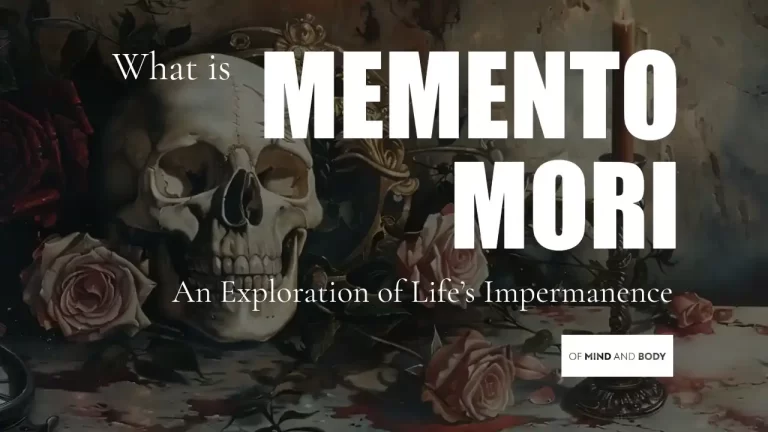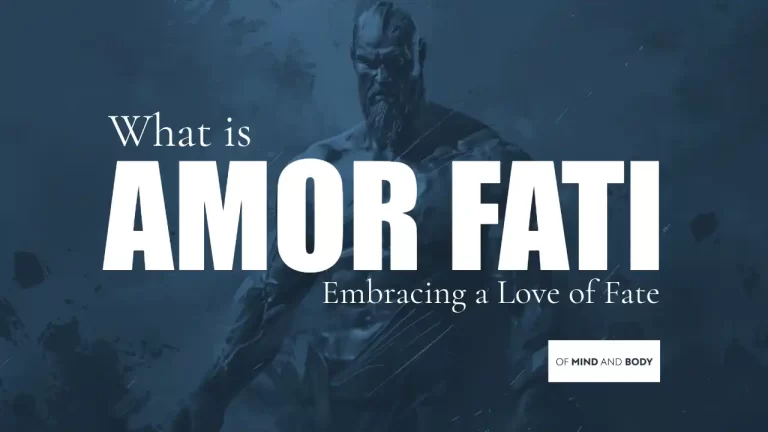Ever since the existential crisis that felled me in the first half of 2018, I have gratefully accepted any opportunity to discover it’s cause.
A series of events had led me to a precipice of negative emotion. A precipice that appeared, at times, to have only one way down. Thankfully I didn’t have the means or the minerals to take the obvious way out, and so instead I embarked on a journey of self-reflection and introspection in order to shed some light on my predicament. This journey continues to unfurl before me, frequently offering up opportunities for further exploration.
“The more you know, the more you realise you don’t know.”
Many lines of enquiry, whilst being interesting and thought provoking, failed to offer as much insight as the 16personalities.com personality test.
While I initially set out to journal my experience of discovering my personality type, and weigh up the usefulness of obtaining such information, this has turned into somewhat of a pseudo review of the 16personalities website. This was not my intention, and I dare say there are plenty of other resources for researching personality. I am also in no way affiliated to the 16personalities website… but it is good!

Taking The Test
The test itself takes between 10 and 15 minutes and requires you to respond to a series of statements, to which you will say how much you agree or disagree. Taking the test and getting the results are relatively quick and painless. There is much more time involved, and in my opinion time well spent, in reading the follow up personality profiles, and contemplating what this means to you personally.
The comprehensive description of each personality type covers;
- Strengths and Weaknesses
- Romantic Relationships
- Friendships
- Parenthood
- Career Paths
- Workplace Habits
…all of which are available for free. There is a premium profile section of the website, but quite honestly, there is so much information available in the free bit, I haven’t even felt the compulsion to look at it.
The test is based on the Myers-Briggs Type Indicator (MBTI) personality inventory, which in turn was based on the theory of psychological types established by the psychologist Carl Jung in the 1920’s.
Jung’s theory identified 4 dichotomies of human personality, our preference of which put us into one of 16 possible personality types.
Favorite world: Do you prefer to focus on the outer world or on your own inner world? This is called Extraversion (E) or Introversion (I).
Information: Do you prefer to focus on the basic information you take in or do you prefer to interpret and add meaning? This is called Sensing (S) or Intuition (N).
Decisions: When making decisions, do you prefer to first look at logic and consistency or first look at the people and special circumstances? This is called Thinking (T) or Feeling (F).
Structure: In dealing with the outside world, do you prefer to get things decided or do you prefer to stay open to new information and options? This is called Judging (J) or Perceiving (P).
Your Personality Type: When you decide on your preference in each category, you have your own personality type, which can be expressed as a code with four letters.
The Results

The results of the test were unnervingly accurate, and far from the vagaries of an astrological “prediction” that could be applied to anyone, if you squint your mind hard enough.
As I read through the description of the “mediator” (INFP) personality type, what was laid out before me was a better description of myself than I had ever cared to put into words, or thought, for that matter.
It was no surprise to find out I’m an introvert. But there were points made, statements about who I am, that I’d never considered before. Statements of such profundity I was left tearing up at the potential impacts of their meaning.
The act of uncovering aspects of my personality I didn’t know existed, and crystallizing those I already knew, but didn’t fully understand, has had another, unexpected, consequence.
Developing an understanding of my own predicament (as a human costume governed by a peculiar cocktail of cognitive interactions and social conditioning), has allowed me to see others in a similar light.
That is not to say I have a burning desire to know everybody’s personality type, and I don’t go around asking people to fill in forms and complete questionnaires before I can have a meaningful conversation with them, but I can now accept that people have different ways of thinking.
Not only have they had different life experiences, but they will more than likely process information in a slightly different way too.
Having the awareness that not everyone thinks the same way can be tremendously liberating when attempting to navigate social interactions.
To review every part of the profile would take a good while, and I’m trying to keep this a relatively bit sized read. I have highlighted a few of the more choice entries along with my thoughts.

“Mediators have an unshaken belief that all people are inherently good, perhaps simply misunderstood.”
Despite a tendency to drift away from this belief, perhaps due to the cumulation of various social pressures, returning to this simple but powerful belief helps to make sense of people’s actions.
Even the most apparently offensive person’s motivation must be justified, to them at least. They must think that what they are doing or saying is the correct course of action, and that they are on the right side of an argument.
Their method of getting a point across may seem offensive and counter-productive but their intentions will generally be justified, at least to themselves, even if we disagree with them.

“Mediators crave the depth of mutual human understanding, but tire easily in social situations…. It’s as though mediators like the idea of human contact, but not the reality of social contact.”
A benefit of seeing these characteristics explained in such an impartial and non-judgemental way is that it’s allowed me to develop a similar, non-destructive, narrative to apply to my own life experience.
My default way of parsing this statement would be through a combination of self judgement resulting in a final destination of social anxiety.
The need/desire for acceptance juxtaposed with a clear and present ineptitude and inability to maintain small talk with strangers, or sometimes with regular acquaintances, would normally lead to some pretty damning self-criticism and potentially the avoidance of social situations altogether.
The reframing that this description provides, allows for a softening of these negative statements to form a less damaging internal narrative.
Social situations that feel stressful or overwhelming no longer carry the same weight, or have the ferocity of psychological fallout that previous encounters would.
I certainly don’t feel the need to replay scenarios over and over in my head, and my sense of self worth is no longer based on the perceived quality of social interactions I’ve had day to day.

“Mediators are perfectionists”
As I read this my initial reaction was one of disbelief – and the sheen of what I was reading began to fade.
“Perfectionist?… There’s no way I’m a perfectionist. Nothing I do is ever good enough….”
The irony of this statement will become apparent to anyone giving it more than a moment’s consideration.
As it turns out there are good and bad types of perfectionists… (who knew?).
The “bad” type can be characterised as “when people constantly worry about making mistakes, letting others down, or not measuring up to their own impossibly high standards,”
Whereas the “good” type “involves the setting of high personal standards and working toward those goals in a pro-active manner. These efforts may help maintain a sense of accomplishment and delay the debilitating effects of burnout,”
Judging by my initial reaction to the possibility of being a perfectionist, it was clear which side of the line I fell.
The tendency to set unattainably high standards for yourself “can contribute to serious health problems, including depression, anxiety, eating disorders, fatigue and even early mortality.”
Considering the possibility of being a perfectionist has armed me with the knowledge and awareness that I may be sabotaging my own efforts by judging myself too harshly.
Conclusion.
I had previously formed the belief that labelling people was a bad idea, and I still hold that belief, but perhaps not as strongly as before. To put a label on somebody’s behaviour, I thought, could act as the catalyst for a self fulfilling prophecy. Exhibiting characteristics of someone with ADHD (for example), and being labelled as such could potentially cause you to fulfill that role. This could also limit the ability for future change due to social reinforcement of those traits.
However, the results of this test suggest that I am a mediator (INFP), and I have found this to be wonderfully useful. Is being labelled such a bad thing?
“In order to understand something, first we must observe it.”
Using this test has given me a wealth of information and knowledge to use to my advantage, shed some light on some of the psychological friction I’ve experienced in my life, and given me the mental space to let in some reasoning and pragmatism.
However, it is worth mentioning that the results of the personality test are a preference. That is to say you prefer to use your mind in a certain way but all options are open to you.
In fact there is evidence that your personality alters over time as we mature and that change is possible. We must always be open to change, experiment with new ideas and adapt to the situation we find before us.
To look at it from the perspective of one who doesn’t like labels, I am not an INFP, but I exhibit the traits of one, and that is my preference… at this stage of my life.
How can you apply the knowledge of your personality type to act in your favour?
I’ve already found this to be extremely useful in my life. Hopefully you can do the same.




